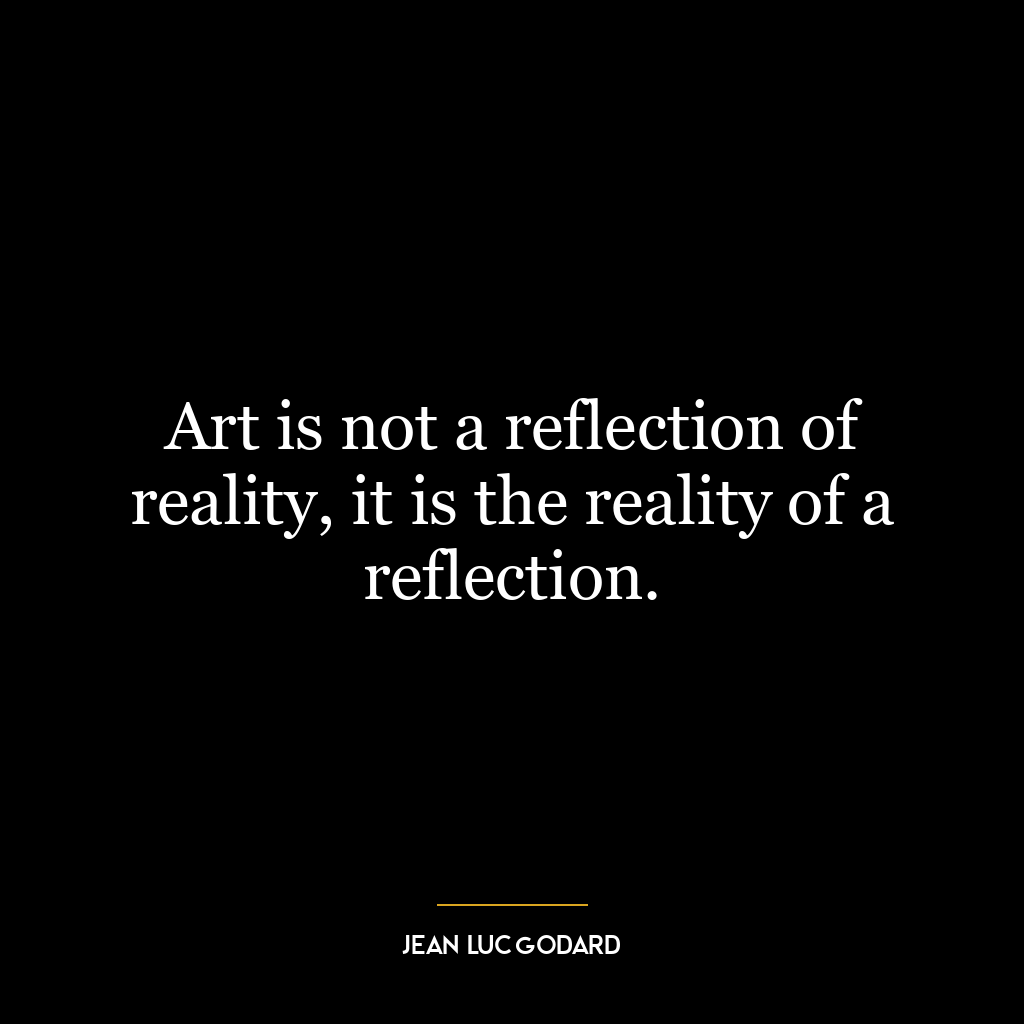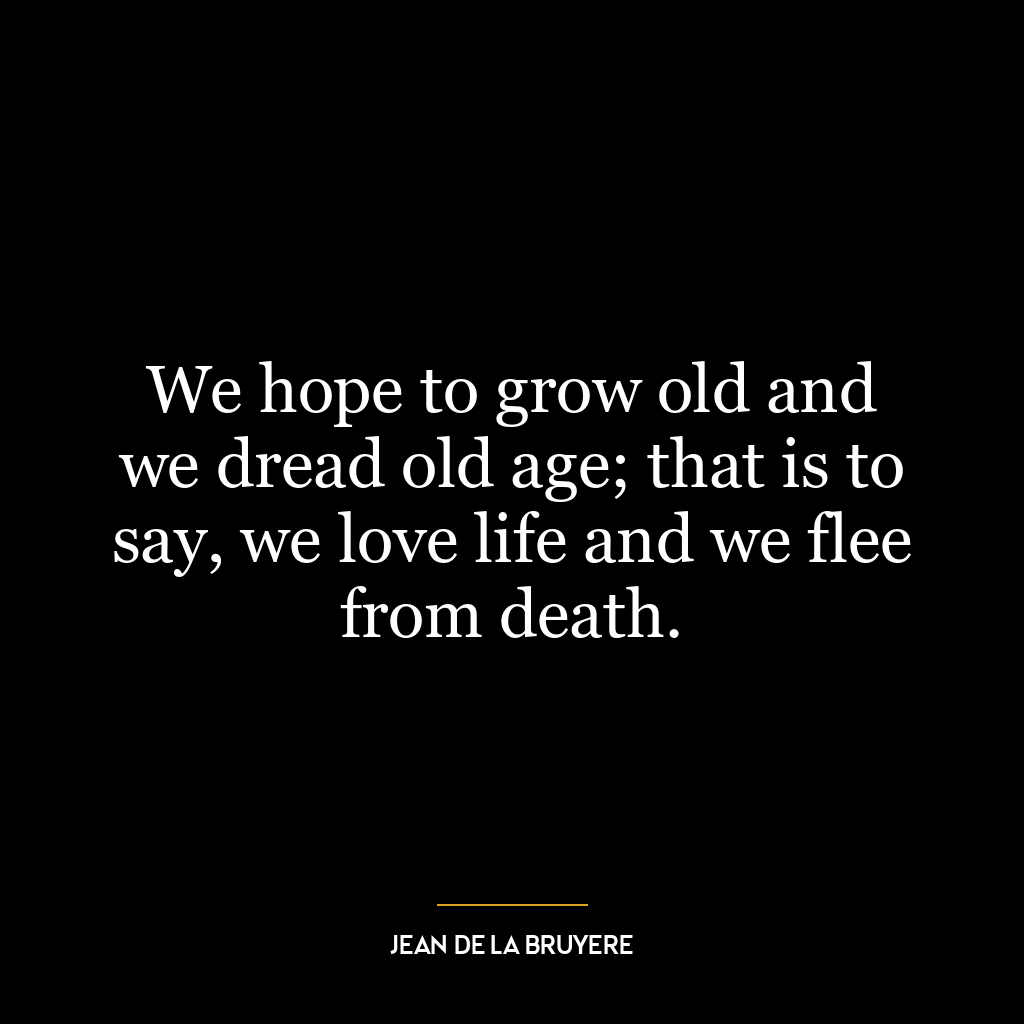Middle age is when you still believe you’ll feel better in the morning.
This quote humorously encapsulates the transition from youth to middle age, hinting at the naivety of believing that a good night’s sleep will cure all ails. In youth, our bodies are resilient, often bouncing back quickly from stress, illness, or injury. However, as we age, recovery times lengthen, and we may wake up still feeling the effects of the previous day. Yet, the human spirit, being optimistic, continues to believe in the restorative power of sleep, even when reality suggests otherwise.
The quote also subtly touches on the concept of denial, a common reaction to aging. People in their middle age might still cling to youthful habits and expectations, refusing to acknowledge the physical changes that come with age. This denial can sometimes hinder their ability to adapt and take better care of their health.
Applying this idea to today’s world, it’s important to note that our society often encourages us to maintain a youthful appearance and lifestyle. The wellness industry, for instance, sells the idea of eternal youth through various products and services. However, this quote reminds us to be realistic and accept the natural process of aging.
In terms of personal development, the quote can be interpreted as a call to embrace self-awareness and acceptance. It encourages us to listen to our bodies and adjust our expectations and lifestyle as we age. It’s about recognizing that feeling better doesn’t always come easily or quickly, and sometimes, it requires more than just a good night’s sleep. It might involve healthier eating, regular exercise, mental health care, or medical intervention.
In essence, this quote is a gentle reminder of our human limitations and the importance of self-care and acceptance as we navigate through different stages of life.












